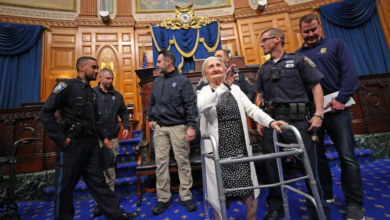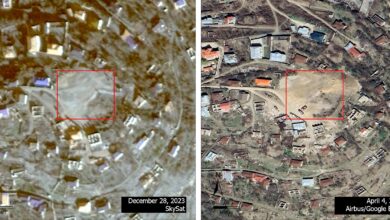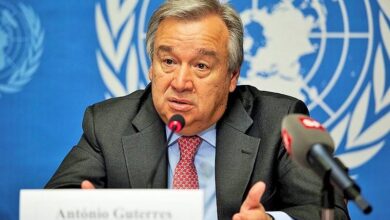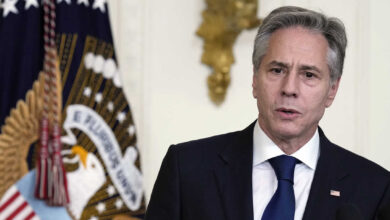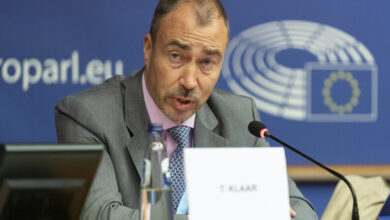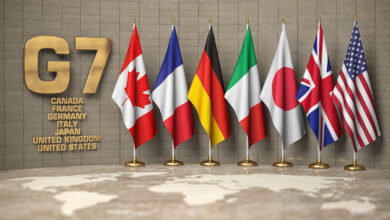
Thomas de Waal’s book Black Garden: Armenia and Azerbaijan Through Peace and War, which came out in 2003, was the product of the author’s eight years’ acquaintance with the Nagorno Karabakh conflict.
“Beginning in 1995, the year after a ceasefire confirmed a painful Armenian military victory in a protracted war, I made many visits to Azerbaijan, Armenia, and the disputed territory in the middle, Karabakh. I became both fascinated and frustrated by the way the two sides presented entirely different versions of what had happened and why. Both could not be right, but both could be wrong,” Thomas de Waal wrote in an article posted on the website of the Carnegie Endowment for International Peace.
“I looked for a balanced account that depicted the conflict in the round. I wanted to know why in the last years of the USSR two Soviet republics engaged in what looked like a suicidal struggle over a small territory, how the dispute contributed to the end of the Soviet Union, and what had really happened as Armenians and Azerbaijanis eventually fought a full-scale war, at great cost. But I searched in vain, and eventually decided to write the book I wanted to read,” the author said.
Ten years on, with the conflict still unresolved and still the subject of an increasingly desperate peace process, Thomas de Waal has updated the book. “A lot has changed in the intervening decade, but the underlying grim “no peace, no war” dynamic of the past nineteen years is basically the same. With black humor, I would tell people that my working title for the new edition was Even Blacker Garden,” he wrote.
“Even when there is no active fighting, an unresolved conflict—the absence of peace—gnaws at the fiber of a society from within. Like one of the wraithlike dementors in J. K. Rowling’s Harry Potter books, a protracted conflict sucks light, happiness, and good memories from its environment. This is not just about the obvious aftereffects of war: the plight of the wounded, bereaved, and displaced, the closed borders. It is about the more intangible toxic effect of war on political discourse and the media, the way it renders a society incapable of looking at the future, while it dwells on the past. Both Armenia and Azerbaijan are being sapped by these ghosts,” Thomas de Waal noted.
According to the author, Black Garden sets out to provide a factual underpinning of a third narrative. “The war over Nagorno Karabakh was a tragic conflict. There is much grief, trauma, and injustice still there to be overcome. But I believe there are also hidden reservoirs of compromise and consensus between Armenians and Azerbaijanis that are being ignored and can be the basis for a peace agreement,” he concluded.
Click here for the complete article.


